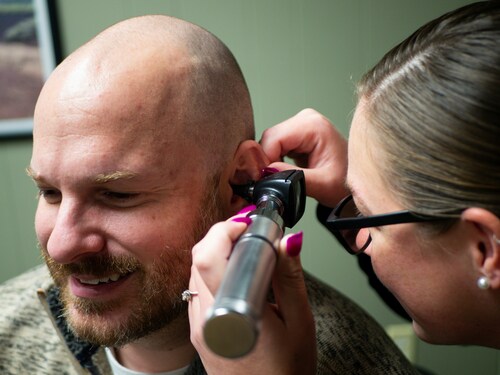In an age where technology is intertwined with our daily lives, the approach to mental wellness is also evolving. Online chat platforms have emerged as a powerful tool for those seeking support while wishing to maintain their privacy. Anonymity can serve as a bridge for people who might otherwise avoid seeking help due to fear of judgment or stigma. It allows individuals to express their feelings freely, safe in the knowledge that their true identities are protected. Below, we explore how anonymity in online chat can be a game-changer in the landscape of mental health support.
The Power of Anonymity in Online Chats for Mental Health Support
Anonymity in online mental health chats offers a safe space where people can express their feelings without fear of judgment. Without face-to-face pressure, individuals often find it easier to open up, reflect, and communicate more honestly about sensitive issues, which helps reduce social anxiety and self-consciousness.
These anonymous chatrooms also foster connection and community by linking people with shared experiences. Through shared stories, support, and coping strategies, users gain both emotional relief and practical resources, helping them feel less isolated while strengthening their mental wellness journey.
Overcoming Stigma: How Anonymity Encourages Openness and Honesty
Societal stigma often prevents individuals from seeking mental health support, as many fear negative perceptions or judgment. Online anonymity helps address this by protecting personal identity and reputation, creating a safe space for open discussions. With the use of pseudonyms, people are more willing to share personal struggles, thoughts, and emotions they might withhold from family, friends, or even professionals in face-to-face settings.
This honesty is essential for effective support, deeper self-reflection, and personal growth. Anonymity also reduces risks such as workplace discrimination or social backlash, allowing individuals to prioritize their healing without external pressures while contributing to more open dialogue about mental health.
The Role of Online Chat in Providing Accessible Mental Wellness Resources
Online chat services for mental wellness offer unmatched accessibility, allowing individuals to seek help anytime, regardless of location, time zone, or mobility. This constant availability ensures support even when traditional services are closed or out of reach. These platforms are also a cost-effective option compared to in-person counseling, often providing free or low-cost alternatives that make mental health support more attainable.
Beyond affordability, online chats give people the chance to connect with tailored resources for specific concerns, such as anxiety or depression, fostering more personalized support. For those facing transportation challenges or living in areas with limited services, these platforms break barriers and provide crucial connections to care.
Comparing Anonymity in Online Chats to Traditional Therapy Settings
Online chat rooms and traditional therapy differ greatly in how individuals share their experiences. In conventional sessions, patients are known to therapists, which may discourage open disclosure of sensitive topics. Online anonymity removes this barrier, encouraging more candid communication. In-person therapy also includes nonverbal cues and body language, which some may find uncomfortable, while text-based chats allow expression without physical presence.
Another key contrast is accessibility: traditional therapy requires appointments, travel, and waiting, while online platforms provide instant support at critical moments. Both approaches hold unique value, as face-to-face care offers personal continuity, while anonymity online can create a safe entry point or complement ongoing therapy.
Future Trends: The Growing Importance of Anonymous Platforms in Mental Health
Anonymous platforms in mental health are gaining importance as digital tools expand. These spaces are integrating artificial intelligence and machine learning to deliver more personalized support and intervention. Mental health professionals are increasingly recognizing their value, often recommending them alongside traditional therapy for the unique benefits they provide. Ongoing research on online mental health services is strengthening public trust and acceptance, encouraging innovation in service delivery.
With growing evidence, these platforms are positioned to reach broader audiences and refine their impact. Their potential as early intervention tools is especially significant, offering accessible support that can help prevent the escalation of mental health challenges while promoting overall wellness.
Altogether, the anonymity provided by online chat services for mental wellness is proving to be a valuable asset in the ongoing fight to destigmatize mental health issues and provide accessible support. As we embrace the future, these platforms are likely to become an integral part of mental health strategies worldwide, complementing traditional avenues and making support available to anyone, anytime.



